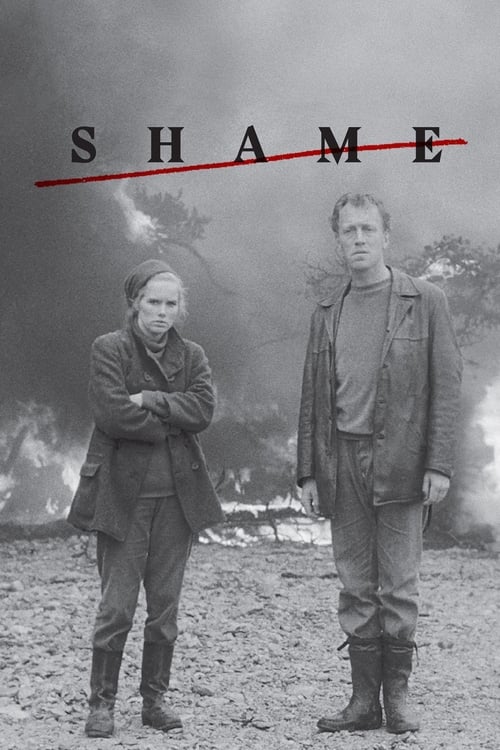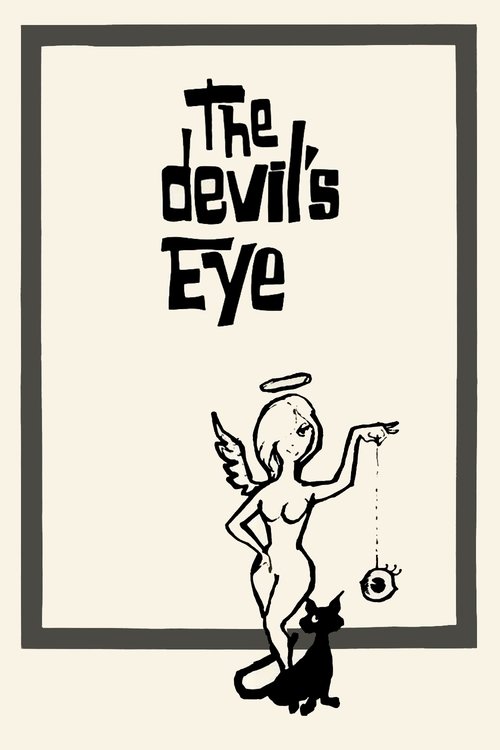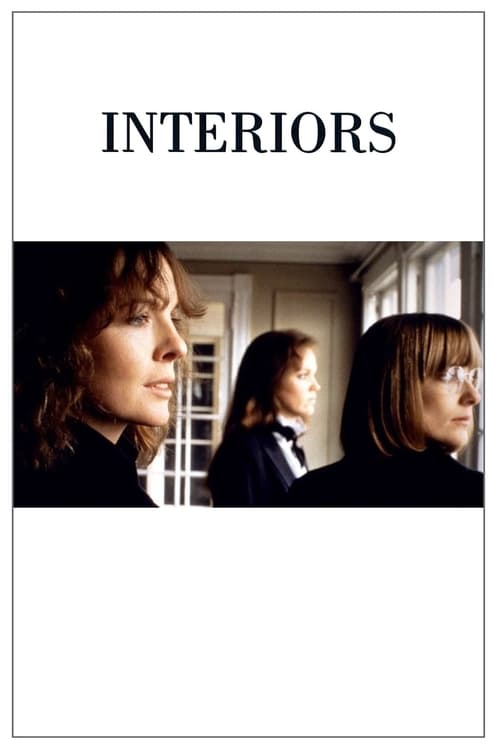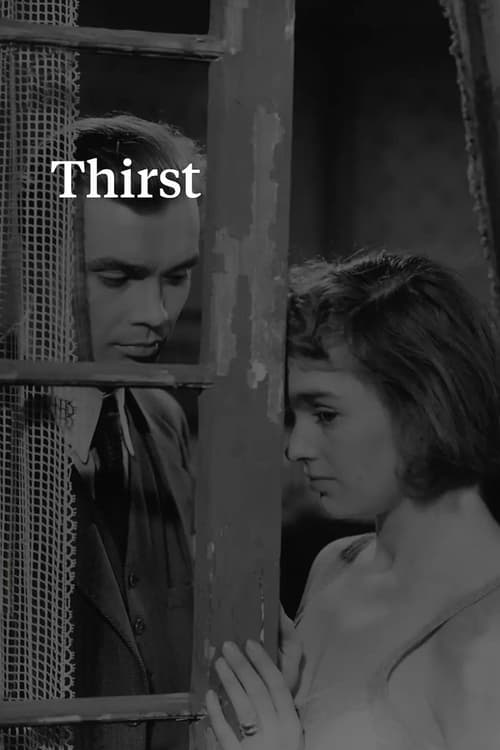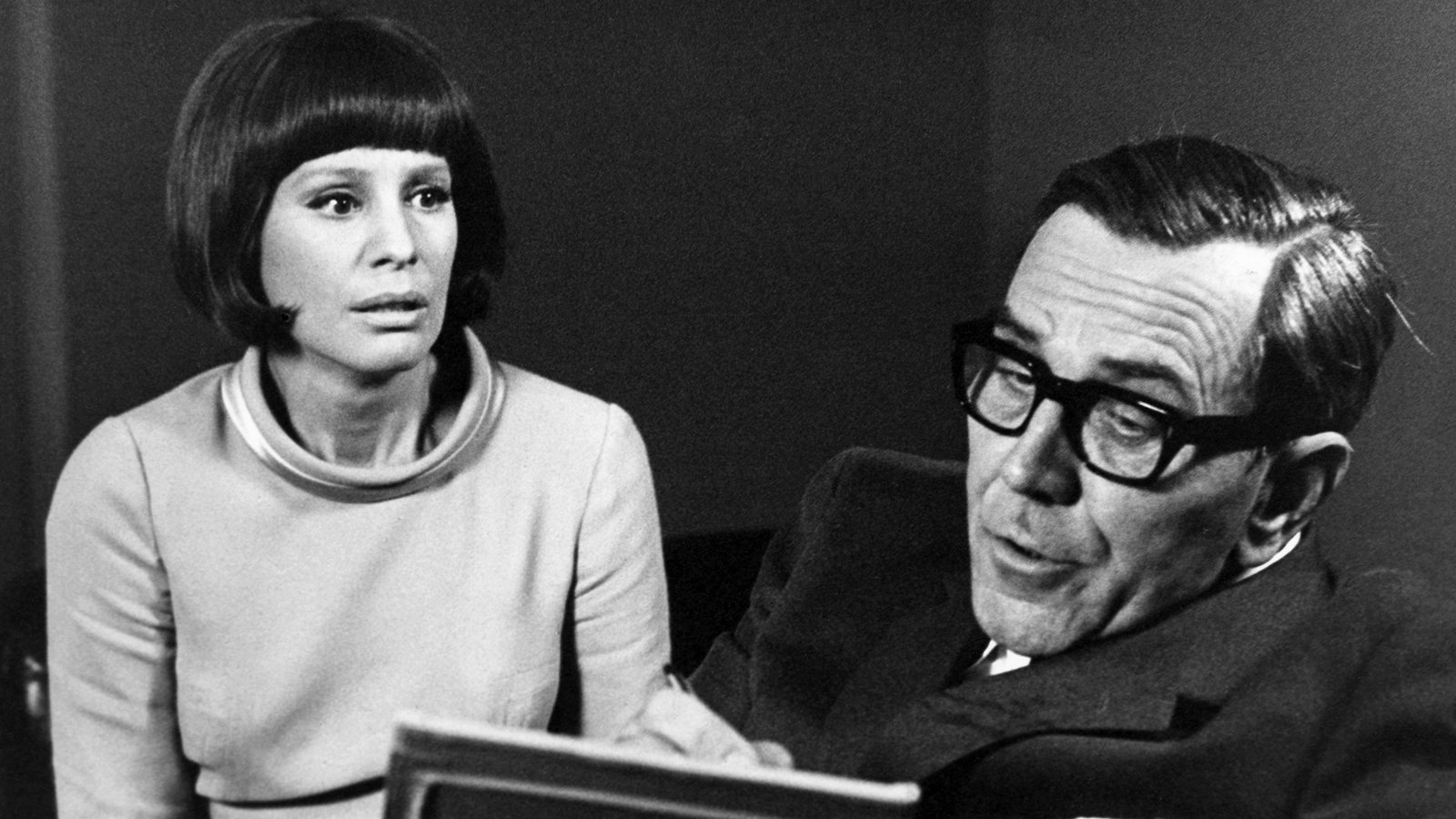
1969
The Rite
TV Movie, Drama
7.0
User Score
91 Votes
Status
Released
Language
sv
Budget
$0
Production
Cinematograph AB, SF Studios, Personafilm
Overview
Called to court on obscenity charges, a theatre troupe are forced to expose their neuroses and inner psychological torments.
Review
CRCulver
5.0
1969's <i>Riten</i> (The Rite) is one of the least known of Ingmar Bergman's films of the 1960s. Part of that is because the film was made for Swedish television instead of enjoying an international theatrical release. But another reason is that <i>Riten</i> is markedly inferior to his other films of the time.
In an unnamed European country, a judge (Erik Hell) summons a traveling troupe of three actors to investigate whether the play they have brought to his community is pornographic. Two of the actors are overtly neurotic. Sebastian Fisher (Anders Ek) is prone to starting fires and afflicted by ill health. he is also glum and insulting. Thea Winkelmann (Ingrid Thulin) is wracked with existential anxiety, overly sensitive and feels suffocated by her surroundings. Hans Winkelmann (Gunnar Björkstrand) is the level-headed one who keeps the troupe together.
By the early mid-1960s Bergman had moved on from religious anxiety to an interest in human relationships and psychology. The three actors can be seen as different aspects of a single personality, and Bergman's comments on this in Images: My Life in Film are worth reading. More mysterious is their relationship to the judge, which dominates in the shocking last scene which I won't spoil here. The connection of drama to religious ritual in Ancient Greek is a theme. There is also some daring sexuality here: it's hard to imagine some of the scenes even in a theatrical release of the time, let alone television broadcast.
Why is this not among Bergman's best? Although the director had his trusted cameraman Sven Nykvist on hand, the cinematography nothing special: the elegantly planned long takes of other films are missing here, and some shots break off haphazardly. The concerns of the film are too repetitive after <i>Tystnaden</i>, <i>Persona</i> and <i>Vargstimmen</i>, and neither Hell nor Ek are pleasant to watch. Still, Björnstrand and Thulin give an engaging performance. Furthermore, I'm left wondering if there is an homage here to Bergman's colleague Jean-Luc Godard, as the film is divided into a series of tableaux (like Godard's <i>Vivre sa vie</i>) and Thulin wears a distinctly Anna Karina-like wig.
Read More 